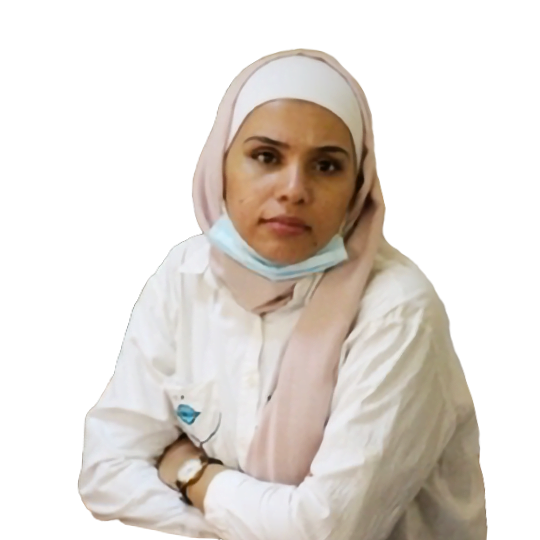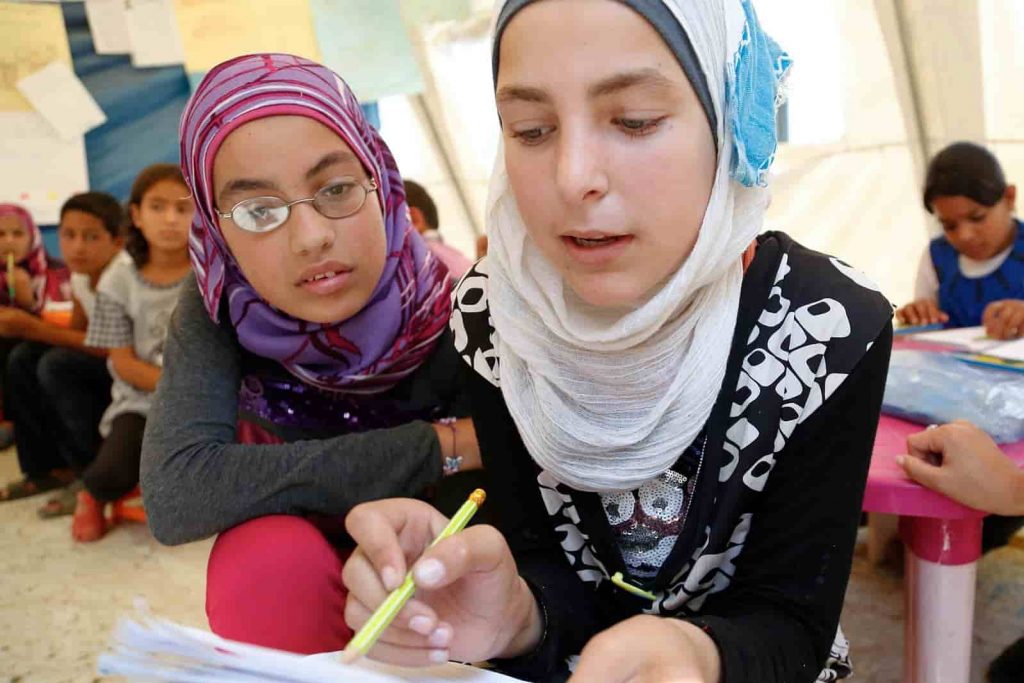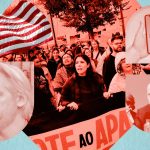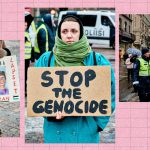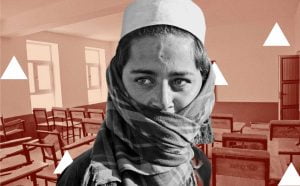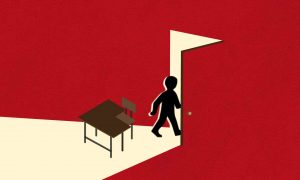Once again, refugees in Lebanon find themselves vulnerable to discrimination as thousands of pupils are forced to leave their school seats
Prior to the epidemic, the refugee child was twice as likely to leave school as a non-refugee child. In Lebanon, poverty-related changes have been driven largely by inflation and poverty has increased by about 33 percentage points among the Lebanese population; the increase among Syrian refugees here, however, has increased by 55 percent.
Children have not been able to continue their studies because of closures, but they are also constrained by a lack of educational opportunities at home and the digital divide.
Thousands of Syrian refugee children are out of school because of policies requiring certified educational records, legal residency in Lebanon, and other official documents that most Syrians cannot obtain.
Because of the Corona pandemic, children’s education headquarters in camps for displaced persons in northern Syria have been closed with measures to prevent the coronavirus from spreading.
In Lebanon, internet communications networks and infrastructure still do not meet the needs of many rural areas, where poor internet connectivity leads to barriers to distance learning. Syrian refugees face this problem coupled with a lack of equipment because of poverty. This currently deprives many refugee children of education.
Like many countries, following the outbreak in winter 2020, Lebanon imposed a total closure of schools, forcing children, including Syrian and Palestinian refugees, to stay home and learn remotely online. However, such actions have not gone smoothly in a country experiencing rapid economic collapse, and the poorest and most vulnerable classes, were hit particularly badly. The basic components of distance learning, the simplest of which are ensuring computers and the Internet, are not accessible in a refugee camp. In addition to the absence of computers, often the entire family will have to rely on just one smartphone.
The continuing financial collapse has deepened the onset of poverty, with more than half of Lebanese below the poverty line, while the rate rose to 70 percent among Palestinian and Syrian refugees.
The dire consequences of this situation are thousands of Syrian children in the camps forced to leave their school seats. As stated above, the pandemic has also aggravated the state of affairs for those organisations that were there to help.
These are just some of the obstacles to education Syrian children in Lebanon are facing.
“Life was not good before the COVID-19 outbreak, but now it is much worse and everything is 10 times more expensive.”
- Diaries from Refugee Camps is a series that gives readers a glimpse inside the challenging life of refugees. Are you a refugee and would like to share your story inside this series? Please write to us.


